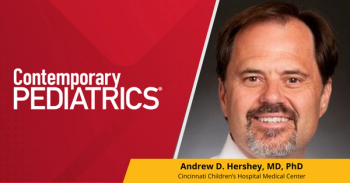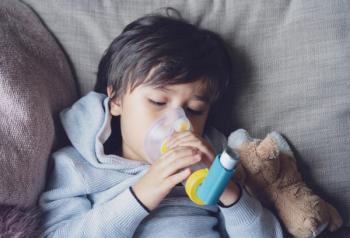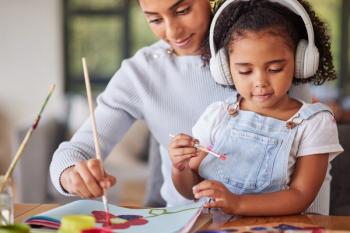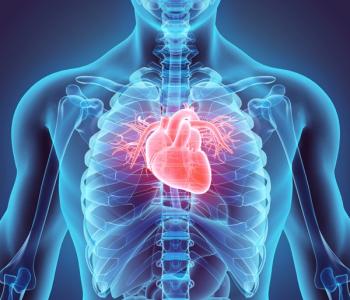
Your Voice
What's realistic when giving fluids for dehydration?/Attachment therapy and adopted children: A caution/Questioning the science that underlies homeopathy
READERS' FORUM
What's realistic when giving fluids for dehydration?
In "
Marcy Goldberg, MD
Akron, Ohio
Author reply: The fact that there is a difference between rehydration and hydration maintenance therapy may be responsible for Dr. Goldberg's very practical observation. The main determinant of a child's willingness to drink oral rehydration solution is the thirst driven by their dehydration. Therefore, a clear differentiation needs to be made between oral rehydration solution (ORS) used for rehydration as opposed to maintenance of hydration. Generally, children whose mental status is normal (not so dry as to be obtunded) can easily drink 50 mL/kg over four hours if they are dehydrated. Children on maintenance therapy may need only as little as 100 mL of extra ORS total in 24 hours. This latter group of children will clearly not be as interested in drinking a large amount of ORS. Providing the ORS in small aliquots makes sense in an ill child. Even a sip at a time would permit the delivery of 50 mL/kg over four hours.
James Berman, MD
Attachment therapy and adopted children: A caution
A reference in the July 22, 2003 edition of the New York Times to "
Pediatricians are rightly in the front lines of childhood mental health work, but they must be cautious about claims implying that diagnosis and treatment are simple matters. There is an evidentiary basis for mental health treatment as well as for physical health, and the practitioner should examine the evidence behind claims such as those of "attachment therapy." Otherwise, harm is bound to be done. I am afraid that the impact of this article will be harmful if your readers do not receive a warning about this material.
Jean Mercer, PhD
President, New Jersey Association for Infant Mental Health
Professor of Psychology
Richard Stockton College
Pomona, N.J.
Author reply: We appreciate and share Dr. Mercer's concern for the mental health of adopted children, a concern stated in our article: "If a family is adopting a child who has been institutionalized [as many adopted children from abroad are], early referral to a child psychologist or other mental health professional with experience in adoption and attachment issues may be helpful."
Dr. Mercer voices concerns about the Attachment Center at Evergreen citation in our article. The citation relates to a list of potential symptoms that offers examples of the more technical symptom list found in other sources. For those who would rather not rely on the list of symptoms provided by the former Attachment Center at Evergreen, we have also given other citations for sources that address mental health concerns and attachment issues in adopted children.
We completely agree with Dr. Mercer's statement that "Pediatricians are rightly in the front lines of childhood mental health work, but they must be cautious about claims implying that diagnosis and treatment are simple matters." As the article makes clear, and as its conclusion repeats, "The entry of a child into a family, whether through birth or adoption, is a momentous and complex event. This is especially true with an internationally adopted child. Pediatricians may need to help the family sort through medical, developmental, psychosocial, and legal ramifications before, during, and after adoption."
Joni Bosch, ARNP, FNP, PhD
Shannon Sullivan, MD
Don C. Van Dyke, MD
Kelly Nissen, MSW
Ellen Weber, MA, ARNP
Susan S. Eberly, MA
Questioning the science that underlies homeopathy
The wonderful letter by Pierpaolo Palmieri, MD, in the July 2003 Readers' Forum ("
Gary Gorlick, MD, MPH
Los Angeles, Calif.
Readers' Forum. Contemporary Pediatrics October 2003;20:20.
Newsletter
Access practical, evidence-based guidance to support better care for our youngest patients. Join our email list for the latest clinical updates.








